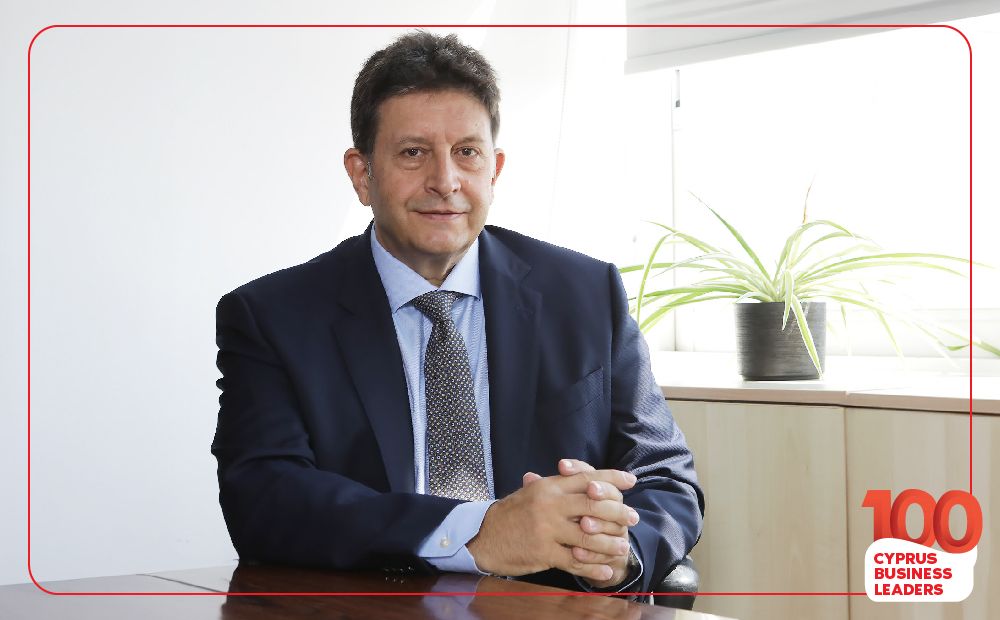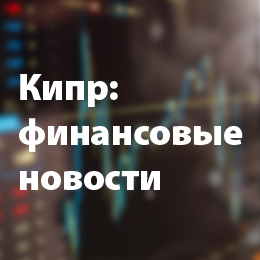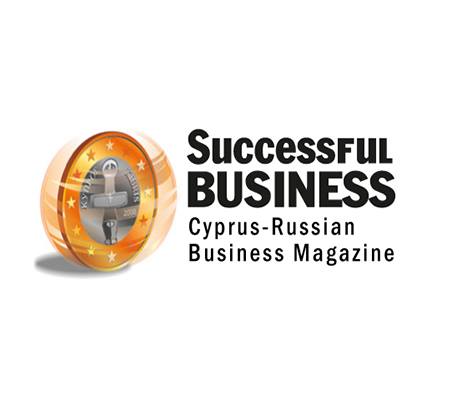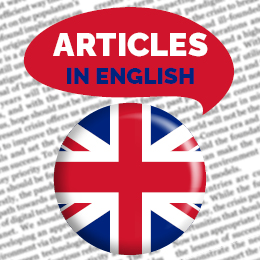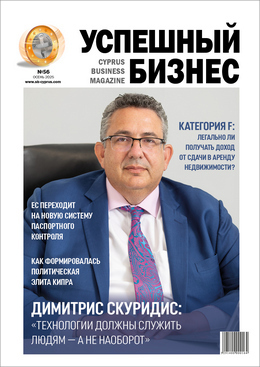Dr Symeon Kassianides, Chairman and CEO of Hyperion Systems Engineering, has spent over three decades at the forefront of global energy and systems innovation. Known for his strategic vision and thoughtful leadership, he has helped shape both policy and industry across borders. In this conversation, he reflects on Cyprus’s energy future, the value of character, and why curiosity and creativity still drive him today.
You’ve dedicated decades to studying and shaping the energy landscape. What first sparked your interest in this field – and what has kept that passion alive over the years?
Energy is the foundation of everything – from wellbeing and standard of living to innovation and economic growth. It’s the silent engine behind all technological evolution, including AI. I was drawn to its essential, transformative nature early in my engineering studies. Over time, this interest matured into a belief that the best generation and utilisation of energy is not only a technical challenge but a societal one. The field is dynamic and central to the future – that’s what keeps me engaged.
You began your academic journey with degrees from MIT and Imperial College London. What motivated your decision to return to Cyprus and establish Hyperion Systems Engineering, rather than pursuing opportunities abroad?
I had multiple offers to stay in the US after completing my PhD, and I did seriously consider it. But I also felt a strong pull to contribute something meaningful to Cyprus – to try, at least, to build something here. I made an agreement with a US company that was keen on commercialising my research: instead of joining them in Boston, they helped me set up a company in Cyprus. That was 32 years ago. The company succeeded by focusing internationally from day one – for the first 15 years, we had no clients in Cyprus. But coming home allowed me to stay close to family while building a global business. It was intense – I was travelling constantly – but also rewarding.
Looking at the evolution of energy technologies, are there any recent developments that genuinely excite or surprise you – innovations that you feel could reshape the world as we know it?
Surprise? I’d say the uncritical speed of adopting certain green initiatives has been more surprising than the technologies themselves. We all want a greener future, of course, but it must be rooted in reality. There’s been a tendency to regulate impulsively without considering global energy imbalances. That said, I am excited about compact nuclear reactors – particularly those using thorium – and the future of hydrogen. These could be genuine game-changers over the next decade.
Cyprus has made significant steps in developing its energy sector. From your perspective, what milestones are you most encouraged by – and where do you see the greatest potential still untapped?
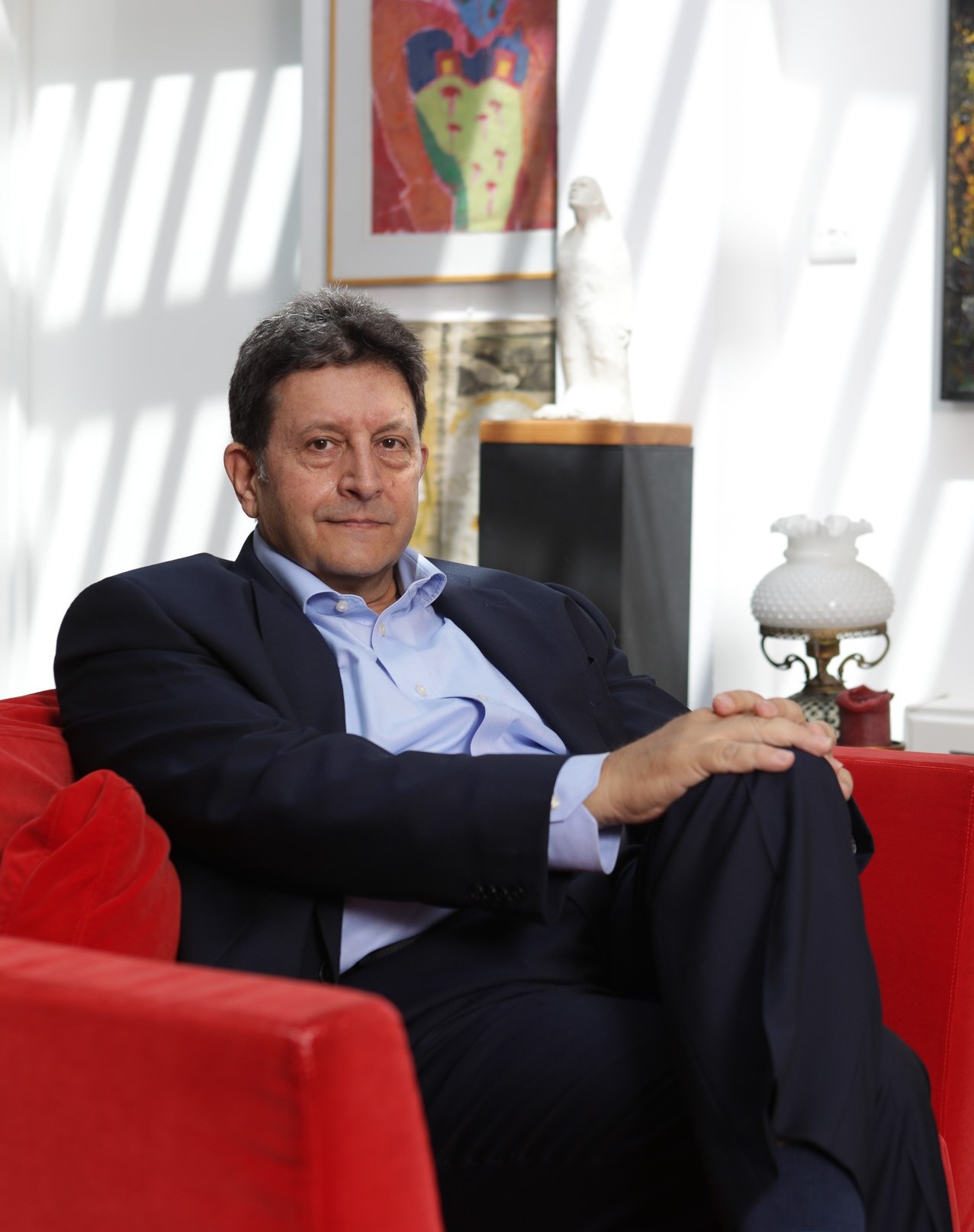 Cyprus is a unique, closed energy system. The demand isn’t huge, so we could feasibly become energy independent – even an exporter – if we get the infrastructure right. We already have more licensed capacity than we can use. But without storage or interconnectivity, that capacity is wasted. The real potential lies in completing the puzzle: LNG import, battery storage, interconnections with Europe and the Middle East, and – crucially – industries that can actually absorb and use that excess energy.
Cyprus is a unique, closed energy system. The demand isn’t huge, so we could feasibly become energy independent – even an exporter – if we get the infrastructure right. We already have more licensed capacity than we can use. But without storage or interconnectivity, that capacity is wasted. The real potential lies in completing the puzzle: LNG import, battery storage, interconnections with Europe and the Middle East, and – crucially – industries that can actually absorb and use that excess energy.
Are there any global trends in energy transition that you believe Cyprus must be especially mindful of – whether as a warning or an opportunity?
The main one is interconnectivity. It’s both a necessity and an opportunity. Technically, the barriers are gone – what remains are geopolitical challenges. But assuming we can manage those, Cyprus could become a meaningful player in the regional energy network. We just need the political will to strengthen the backbone – the infrastructure – to match our potential.
You’ve advised governments, businesses, and institutions. What makes a conversation about energy truly productive in your experience – and what too often gets overlooked?
A productive conversation is one where people come to the table with understanding – or at least the willingness to listen to those who understand the technical realities. Too often, energy policy is dictated by politics or ideology rather than grounded knowledge. The European Union is a good example: it regulates while others innovate. In Cyprus, we’ve started to see more technically sound voices enter the conversation, which is promising. But the danger remains – regulation that lags behind or outright contradicts technology’s momentum.
With your long-term involvement in both academic and industrial circles, how do you view the relationship between research and real-world application in today’s energy sector?
There’s an old saying: “In theory, there’s no difference between theory and practice. In practice, there is.” Academia provides the foundation – it challenges thinking, tests boundaries – but real-world implementation is an entirely different game. In Cyprus, academic research has grown tremendously over the past few decades, which is wonderful. But we still need to build a stronger bridge to industry. That’s where I think we’re lagging – turning brilliant ideas into real-world, scalable solutions.

Absolutely. Gloria Gallery has been part of my life for decades – it’s now in its 48th year, and we’re preparing for the 50th anniversary. It’s not a commercial venture; it’s more of a cultural institution. What I love about it is the opportunity to engage with people who see the world in completely different ways. It’s humbling and refreshing. I also used to play music – guitar mostly – and while that’s taken a back seat, I like to think I’ve channelled that creative energy into the way we build and lead at Hyperion.
Is there a moment from your professional journey – a conversation, a project, or a decision – that felt like a turning point in how you saw your role in the industry?
There wasn’t just one – there were many. Signing our first $10,000 contract in 1993 felt huge at the time. Opening and later closing offices in Moscow, dealing with the 2008 crisis, the Cyprus financial meltdown – each one reshaped us. Every high and low became a lesson. And over time, I realised I no longer just wanted to build a business – I wanted to guide others. That’s why I’ve mentored startups, chaired university incubators, and always left the door open for young professionals.
You’ve mentored and advised many over the years – from early-career engineers to senior policymakers. What qualities do you most value in the next generation of thinkers in energy and systems?
Ethos. That’s the Greek word that says it all. Character, integrity, respect – these matter more than technical brilliance alone. Of course, curiosity and work ethic are essential too. But without good character, none of it lasts. The best professionals I’ve worked with weren’t just smart – they had decency, humility, and the ability to collaborate. That’s what truly shapes a leader.
As someone still deeply engaged in consulting and public dialogue, what drives you today – what makes you want to keep contributing, even after a lifetime in the field?
I don’t really believe in work–life balance as two separate things. I enjoy what I do, and that’s enough for me. I’m driven by curiosity – by the desire to keep learning and solving meaningful problems. And I’ve found that the more experience you have, the more your energy focuses on the things that really matter. I’m not someone who’s going to retire and watch TV. I need to stay engaged – mentally, creatively, professionally.
If you could pass on one insight or principle from your life’s work that you believe will still matter fifty years from now, what would it be?
Patience, persistence, and perseverance. Everything worthwhile takes time. You’ll face setbacks – that’s inevitable – but you must keep going. As I said recently, “An entrepreneur’s greatest responsibility is to turn ideas into reality – and to leave behind a legacy of opportunity for the next generation.” That’s what I try to live by.
Interview by Kateryna Bila
#SB100Leaders
